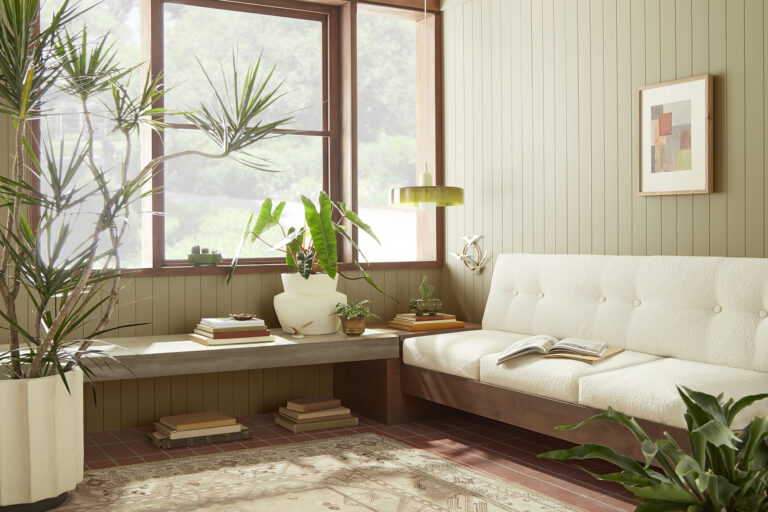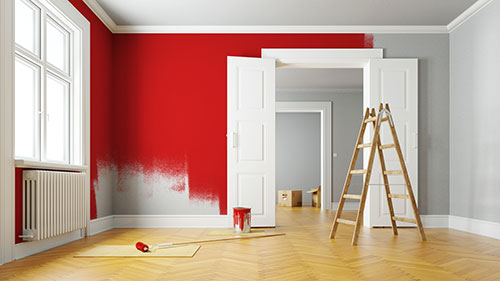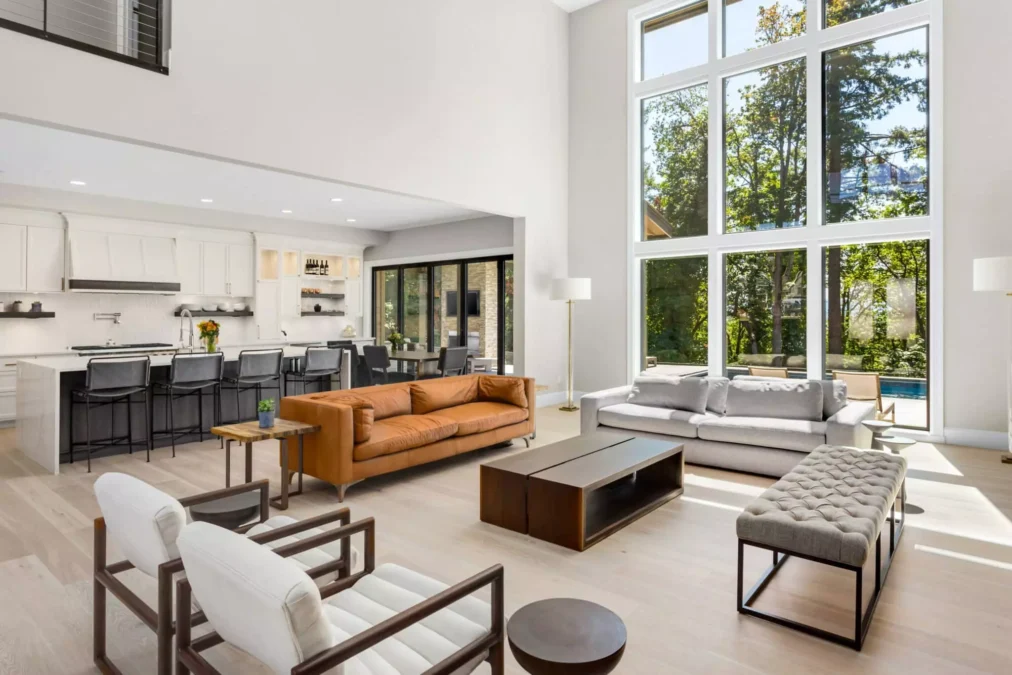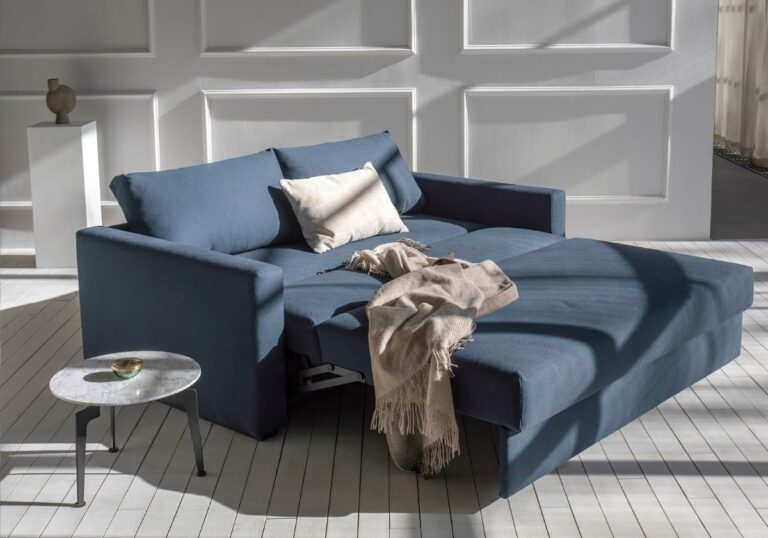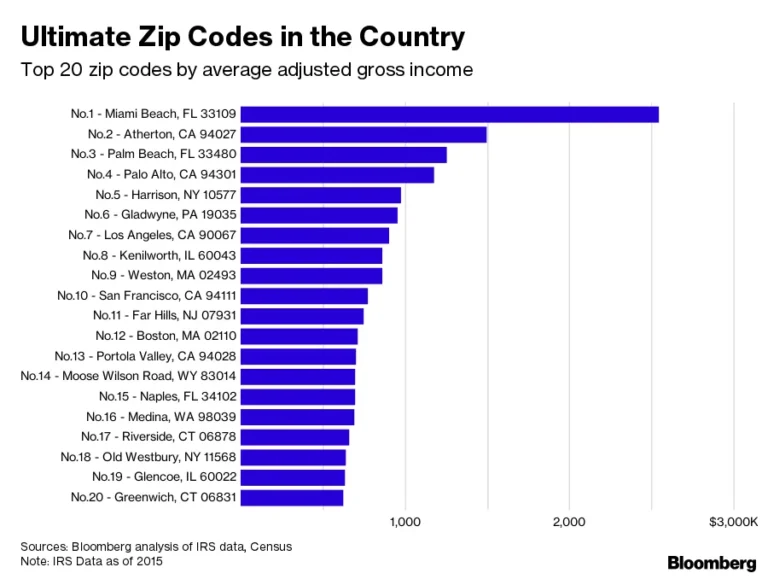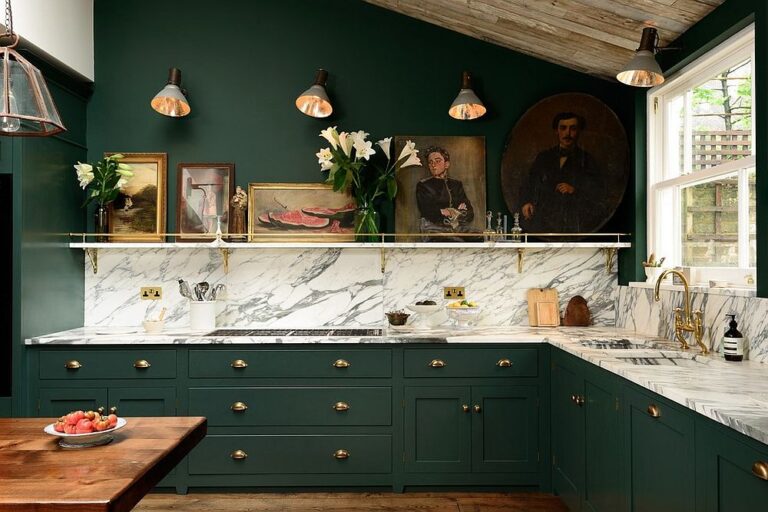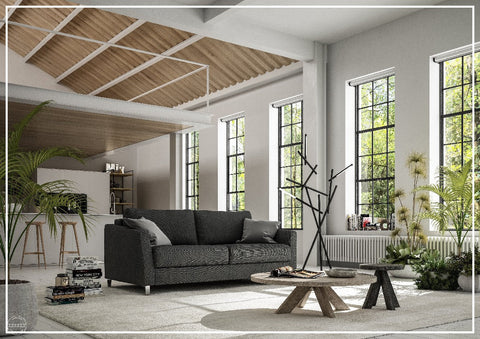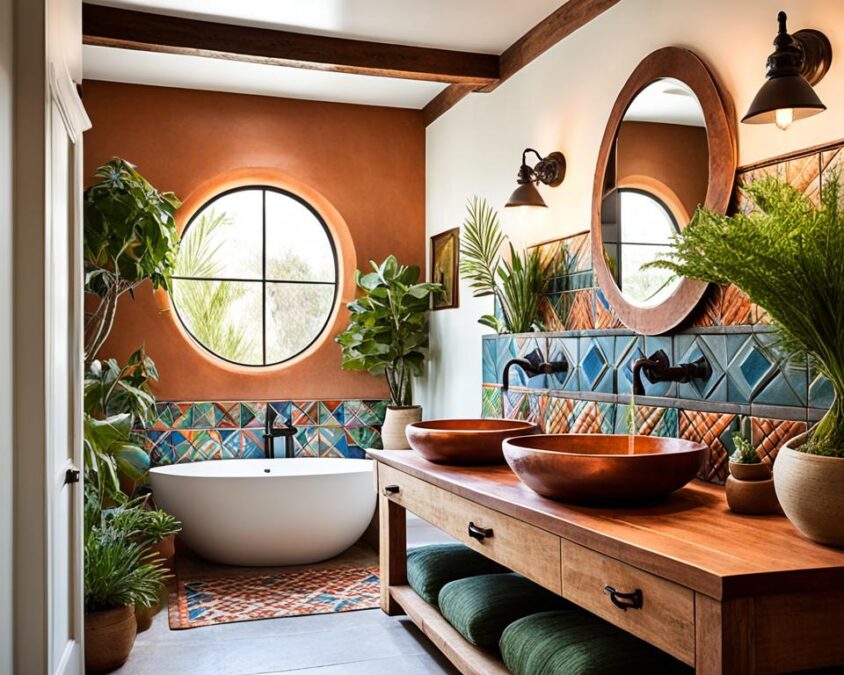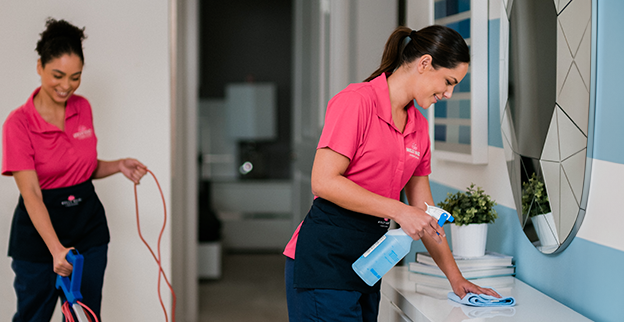When Michael and Sarah moved into their charming, 1950s-style ranch house, they were thrilled with its character and charm. Over time, however, they started to notice things that needed updating. One freezing winter, they realized their energy bills were climbing higher than expected, and no matter how much they cranked up the heat, the house remained chilly. After a visit from an energy auditor, they were shocked to learn that their old windows were a big part of the problem. The couple faced a dilemma: replacing the windows would be a significant investment, but how much would it cost? And would the long-term savings justify the price? After doing their research, Michael and Sarah learned that while replacing windows can be expensive, it’s often one of the best ways to boost a home’s energy efficiency, comfort, and value.
For many homeowners like Michael and Sarah, replacing windows is an inevitable and crucial home improvement project. Whether you’re dealing with drafty windows, rising energy bills, or simply looking to update the aesthetic of your Home, understanding the average cost to replace windows can help you make an informed decision. In this article, we’ll explore the factors that impact window replacement costs, provide pricing breakdowns, and explain how window replacement can affect energy savings and home value. We’ll also back up our insights with statistics and expert sources to give you a clear picture of what to expect.
What Affects the Cost of Window Replacement?
The cost to replace windows varies widely based on several key factors. Here’s a breakdown of the elements that can influence the price:
- Type of Window
The type of window you choose significantly affects the overall cost. Here are some common types of windows and their average price range:
- Single-Hung Windows: This is one of the most basic and affordable options, with an average cost of $150 to $400 per window.
- Double-hung windows are more versatile and famous, with costs ranging from $300 to $600.
- Casement Windows: Known for their energy efficiency and crank-operated opening, these windows can cost between $300 and $1,000, depending on size and material.
- Picture Windows: Large, fixed windows that offer panoramic views can cost between $400 and $1,500.
- Bay or Bow Windows: These more significant architectural windows are beautiful but have a higher price tag, typically ranging from $1,000 to $4,500.
The type of window you choose should fit your aesthetic preferences and functional needs. Remember that higher-end windows may cost more upfront but often provide greater energy efficiency and long-term value.
- Material of the Window Frame
The material of the window frame is another major cost factor. The most common materials are:
- Vinyl: Although affordable and low-maintenance, vinyl windows are among the most popular choices. They average $150 to $800 per window.
- Wood: Wood windows offer a classic look and are energy-efficient but tend to be more expensive, ranging from $300 to $1,200 per window.
- Fiberglass: Fiberglass windows are durable and energy-efficient but are more expensive, usually between $500 and $1,500 per window.
- Aluminium: These windows are strong and lightweight but less energy-efficient, costing $200 to $1,000 per window.
HomeAdvisor says the national average cost to replace a window (including labour and materials) is about $650 per window, but this can vary significantly based on the frame material (Source: HomeAdvisor).
- Energy Efficiency
Energy-efficient windows tend to cost more upfront but can lead to significant savings over time. Features like double or triple glazing, low-emissivity (Low-E) coatings, and argon gas fills can help insulate your Home and reduce energy costs. Energy.gov says energy-efficient windows can save homeowners between $126 and $465 per year, depending on their location and the type of windows they replace (Source: Energy.gov).
Energy Star-certified windows typically cost between $325 and $850 per window, which can be slightly more expensive than non-certified windows. However, the energy savings can often offset the higher upfront cost over time.
- Labor Costs
Labour costs can vary depending on the complexity of the installation and your location. The labour to install one window ranges from $100 to $300 per window. Labour costs can increase if you’re replacing custom or oversized windows or if the installation involves structural changes.
In cities with a higher cost of living, like New York or San Francisco, you can expect to pay on the higher end of that range. Conversely, labour may be more affordable in areas with a lower cost of living.
Average Cost to Replace All the Windows in a House
Replacing all the windows in a home can be a significant expense, but it’s a project that can increase the property’s overall comfort, energy efficiency, and resale value. Here’s a rough estimate of how much it might cost to replace the windows in a typical home:
- Small Home (8-10 windows): The average cost to replace all the windows in a small home ranges from $3,000 to $7,000.
- Medium Home (15-20 windows): For a medium-sized home, window replacement could cost between $7,500 to $12,000.
- Large Home (20-30 windows): Replacing all windows could range from $12,000 to $30,000 in a larger home.
These estimates include both labour and materials. The cost can increase significantly if you opt for high-end windows or custom designs. Conversely, choosing more affordable materials like vinyl can help keep costs down.
How Long Do Replacement Windows Last?
When considering the window replacement cost, it’s essential to consider the long-term value. High-quality replacement windows can last 15 to 30 years, depending on the materials, climate, and maintenance. Here’s how different types of windows stack up in terms of longevity:
- Vinyl Windows Typically last 20-30 years, though extreme weather conditions can shorten their lifespan.
- Wood Windows: Can last up to 30 years or more with proper maintenance, such as regular painting or staining to prevent rot.
- Fibreglass Windows: Some of the most durable options, fibreglass windows can last 30-40 years.
- Aluminum Windows Usually last 15-20 years, but they may be more prone to denting or corrosion in coastal environments.
Considering these lifespans, homeowners should consider both the upfront costs and the long-term durability of their chosen windows.
Return on Investment: Do New Windows Add Value to Your Home?
Replacing windows improves your Home’s energy efficiency and can increase its resale value. According to Remodeling Magazine’s 2023 Cost vs. Value Report, homeowners can expect to recoup approximately 68-77% of mid-range vinyl or wood window replacements when they sell their homes (Source: Remodeling Magazine).
Additionally, Zillow reports that homes with new windows are more attractive to buyers, particularly in competitive markets. Features like energy-efficient windows are often highlighted in real estate listings and can help a home sell faster (Source: Zillow).
Tips for Saving on Window Replacement Costs
- Get Multiple Quotes: Before committing to a window replacement contractor, get at least three quotes from different companies. This can help you find the best price and avoid paying the right amount.
- Choose Standard Sizes: Custom windows are more expensive, so opt for standard sizes whenever possible. This can significantly reduce both material and labour costs.
- Consider Phasing the Project: If replacing all the windows at once is too expensive, consider phasing the project over several years, starting with the most critical windows—typically those facing the harshest weather or those most drafty.
- Look for Rebates and Incentives: Many states and local utilities offer rebates or tax credits for installing energy-efficient windows. For example, Energy Star-certified windows may qualify for federal tax credits, which can help offset the cost (Source: Energy Star).
Conclusion:
Is Window Replacement Worth the Cost?
For homeowners like Michael and Sarah, the decision to replace windows is not just about aesthetics but long-term savings and comfort. While the average cost to replace windows can vary widely based on the type, material, and size of the windows, it’s an investment that can reduce energy bills, improve home comfort, and increase property value.
Understanding the factors influencing window replacement costs, from materials to labour, allows homeowners to budget effectively and make informed decisions. Considering energy efficiency, durability, and return on investment, you can ensure that replacing your windows is a wise financial decision that pays off for years.


